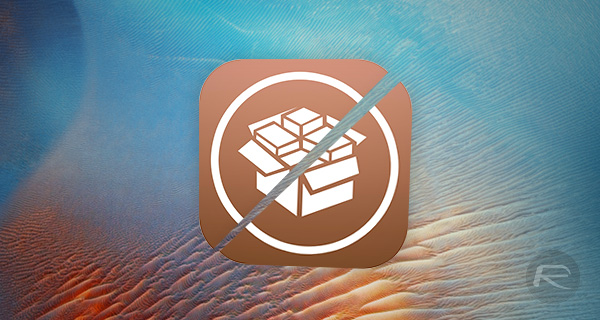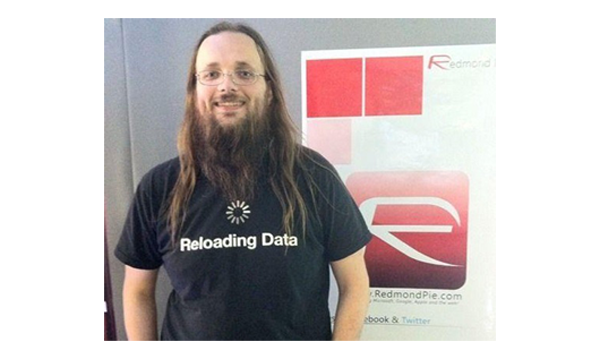Recently, in an extremely revealing and insightful interview with Motherboard, a number of the pioneering influencers behind iOS jailbreaking have given their opinion on the current landscape.
If we don’t count in the “beta” iOS 10.x jailbreaks by Luca Todesco for select devices, it’s now been nearly twelve months since the last full public jailbreak was released and in the opinion of those individuals who made jailbreaking popular, it is, unfortunately, close to being dead.

That’s not exactly what the enthusiastic jailbreaking community wants to hear from those individuals who they look up to and often rely on to keep the scene alive and kicking as part of the cat and mouse game with Apple. Motherboard took the opportunity to speak to a number of prominent figureheads in the jailbreak community – both from past and present – including Jay Freeman (Saurik), Nicholas Allegra (Comex), and David Wang (Planetbeing).
Allegra, who was responsible for potentially one of the most efficient jailbreaks we’ve had to date in the form of the Safari-based JailbreakMe, says that he feels “like jailbreaking is basically dead at this point.”
Jay Freeman, the creator and maintainer of Cydia, wonders what device owners now get at the other end of a jailbreak. “It used to be that you got killer features that almost were the reason you owned the phone. And now you get a small minor modification.” Freeman is, of course, talking about the fact that when jailbreaking first became hugely popular, the iPhone didn’t have millions of apps to choose from, and the underlying iOS wasn’t as jam-packed with features and functionality as it currently is. He further went on to clarify it all on in a Reddit post:
I no longer ever come across a person and go “dude, you should jailbreak”. This is something I used to do constantly; I would occasionally look at people like they were idiots if they didn’t jailbreak, and I have gone so far as, when dealing with recalcitrant people at developer conferences who insist that they hate the entire idea of jailbreaking, to call into question how anyone can even call themselves a developer and not have a jailbroken device.
Now, I just can’t do that: the process is sufficiently broken and painful and awkwardly dangerous that when people ask me about jailbreaking I just give them this sad spiel about how I think the community would have been much better off had iOS 10 not been jailbroken at all.
Saurik’s full post on the matter is well worth a read there.

Saurik at the first JailbreakCon (WWJC) in 2011
As you may already know, device owners used to jailbreak in order to expand the capabilities of iOS, but now, thanks to Apple’s progression of the platform, a lot of features taken from popular tweaks and packages now sit directly within the operating system natively.
It seems that decline in jailbreak releases may also be put down to the fact that a lot of well-known and highly capable security researchers and hackers – who potentially made their name in this community – have since taken that fame to move on to well paid and respected jobs for well-known security and research companies. It’s almost as if the world of jailbreaking has been a very well viewed showcase for those individuals to progress or even forge their careers. And that’s perfectly fine and understandable. There’s then the fact that well-funded companies are offering extremely large bounties of up to $1 million for those who find vulnerabilities in iOS. That means it is more lucrative to sell than to actually create a free public jailbreak.
So what do you guys think? Will we see any young and enthusiastic hackers coming through who will inject life into jailbreaking? Or is this actually the beginning of the end for iOS device liberation? Sound off in the comments section below.
(Source: Motherboard)
You may also like to check out:
- Download VizoRec IPA Screen Recorder App On iOS 10 [No Jailbreak Required]
- Download And Install UFC++ IPA On iOS 10 / 11 [No Jailbreak Required]
- Snapchat Hacks 2017: Download Snapchat++ IPA On iOS 10 Without Jailbreak
- iOS 11 Beta 4 / Public Beta 3 Download Release Date Expectation
- Watch Game of Thrones Season 7 Premiere Free Online Without Cable Subscription, Here’s How
- Download iOS 11 Public Beta 2 And Install The Right Way, Here’s How
- Jailbreak iOS 10.3.2 / 10.3.1 / 10.3 / 10.2.1 For iPhone And iPad [Latest Status Update]
- Download iOS 11 Beta 3 & Install On iPhone 7, 7 Plus, 6s, 6, SE, 5s, iPad, iPod [Tutorial]
You can follow us on Twitter, add us to your circle on Google+ or like our Facebook page to keep yourself updated on all the latest from Microsoft, Google, Apple and the Web.

